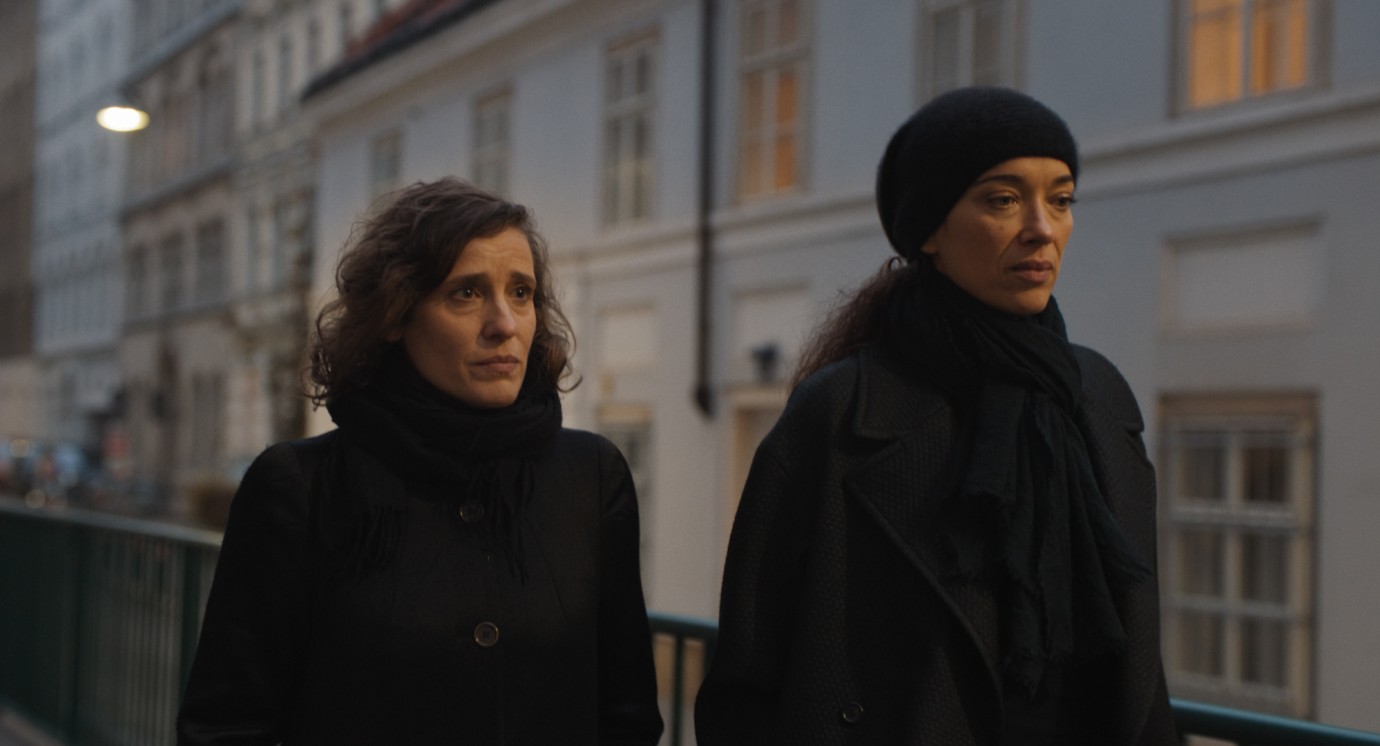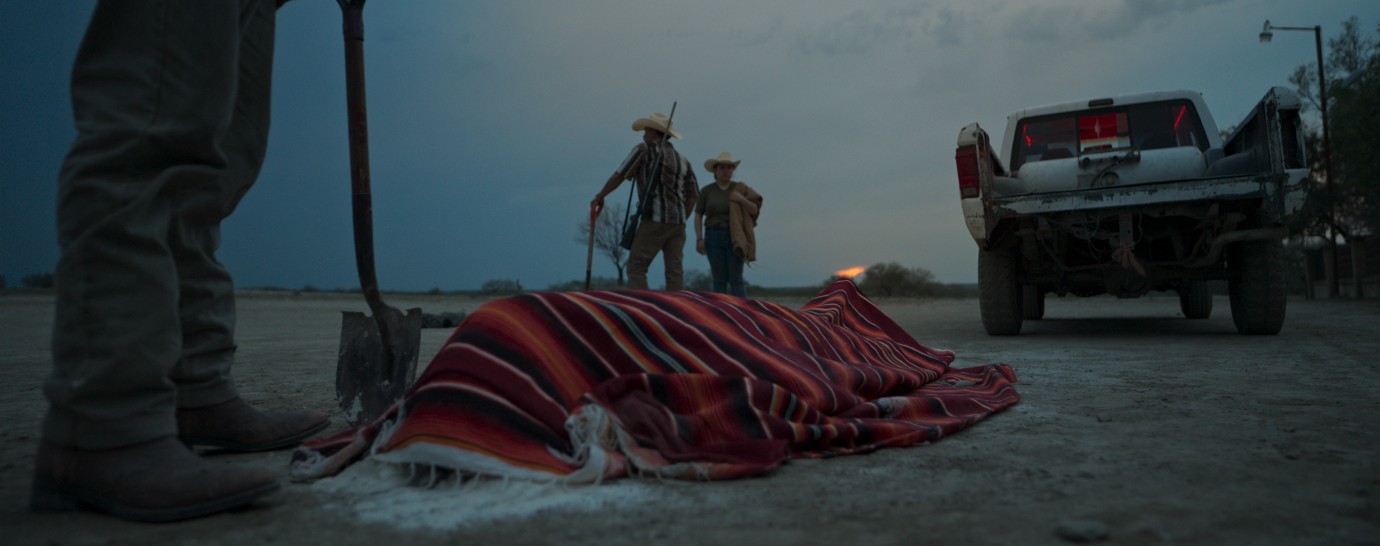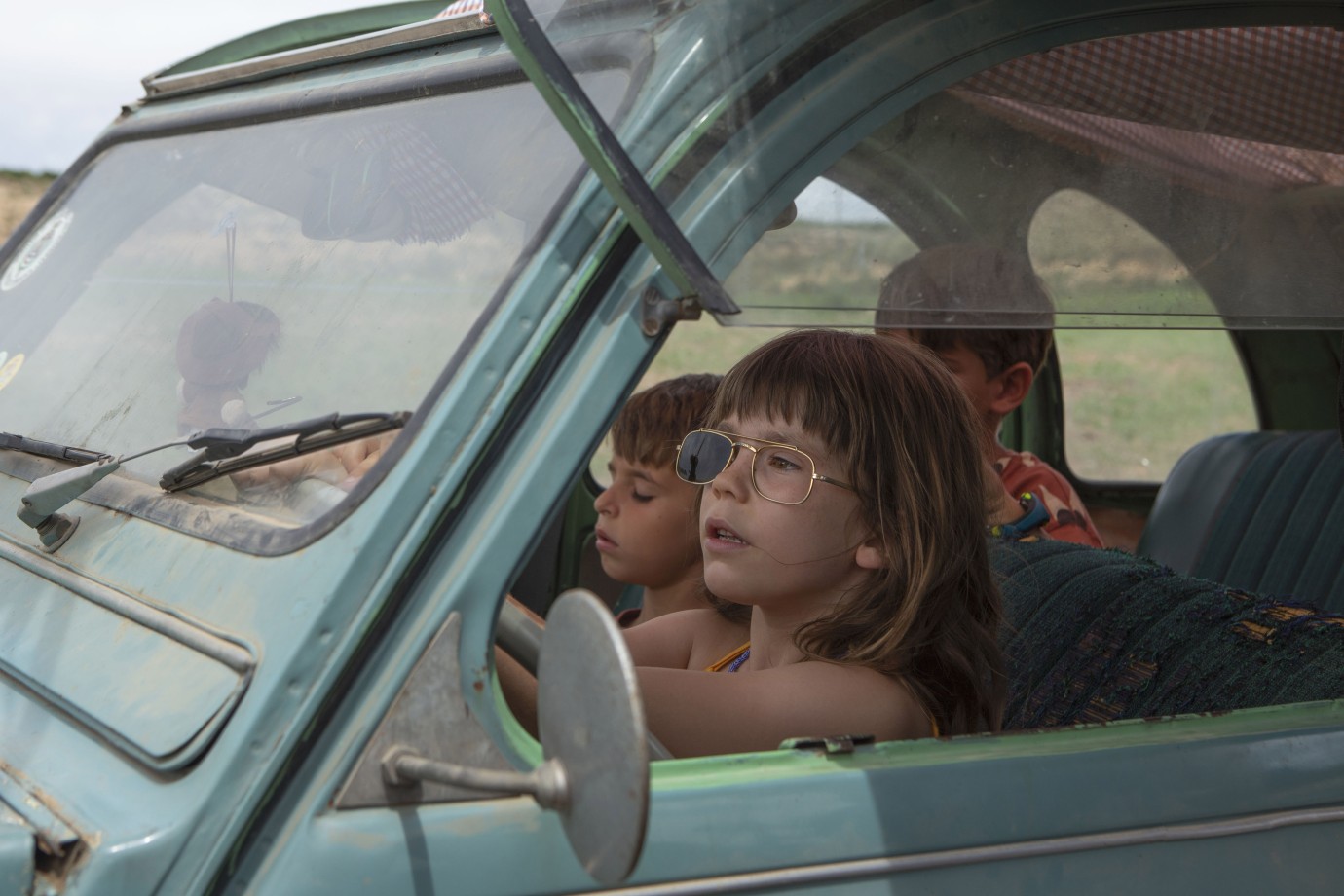Is that time of the year again, the 10th of February marks the return of Berlinale 72nd edition -yay!- to the movie theaters after two years. And here we are, as every year, Lado Berlin bringing the Low Down of the Latin American + Ibero American movies for Berlinale 2022.
A Little Love Package

by Gastón Solnicki
with Angeliki Papoulia, Carmen Chaplin, Nikolaus Weidinger, Mario Bellatin, Han-Gyeol Lie
Vienna, 2019 – the end of an era. The smoking ban in public places means that a part of Kaffeehaus culture has disappeared. Of all moments, this is the one that Angeliki chooses to buy an apartment with help from her interior designer, Carmen. Angeliki seems to have something against all of them: either the parquet floors creak, the tiles are the wrong colour or she is bothered by the proximity to a restaurant. How will she ever find a new home in this environment? Carmen feels like she is talking to a brick wall. Moreover, she simply cannot understand why Angeliki is refusing to part with her money.
Journeying from Vienna to Andalusia, via salt flats overcast by mysterious shadows, Gastón Solnicki’s fifth feature film is a brilliant lesson in generosity. A classic comedy dominated by women which brings together actors and non-actors in a lively, fragmented story. Narrated by Mexican writer Mario Bellatin and filmed by Rui Poças, this is a subtle and witty homage to the Austrian capital that discovers bygone splendour in ordinary things.
Camuflaje by Jonathan Perel | with Félix Bruzzone, Margarita Molfino, Iris Avellaneda, Archie Campos, Gustavo Guoglielmi
Terminal Norte by Lucrecia Martel | with Julieta Laso, Mariana Carrizo, Noelia Sinkunas, Lorena Carpanchay, Daniel ”Bubu” Ríos
La edad media by Alejo Moguillansky, Luciana Acuña | with Cleo Moguillansky, Alejo Moguillansky, Luciana Acuña, Lisandro Rodríguez, Walter Jakob
Iosi, el espía arrepentido

by Daniel Burman, Sebastián Borensztein
with Natalia Oreiro, Gustavo Bassani, Mercedes Morán, Alejandro Awada, Carla Quevedo
In this series, creator and showrunner Daniel Burman has taken on a dark chapter in the history of his native Argentina. Inspired by real-life events, he tells the story of a young secret agent named José who infiltrates the Jewish community in Buenos Aires from the mid-1980s onwards under the code name of Iosi. Unbeknown to him, he was paving the way for two devastating terrorist attacks: the bombings of the Israeli embassy in 1992 and the AMIA building in 1994. Years later, eaten up with guilt, he tries to bring the real masterminds to justice.
El Veterano by Jerónimo Rodríguez
Fogaréu by Flávia Neves | with Bárbara Colen, Nena Inoue, Eucir de Souza, Fernanda Vianna, Vilminha Chaves
El norte sobre el vacío

El norte sobre el vacío | Northern Skies Over Empty Space by Alejandra Márquez Abella
MEX 2022, Panorama
© Claudia Becerril / Agencia Bengala
by Alejandra Márquez Abella with Gerardo Trejoluna, Paloma Petra, Dolores Heredia, Juan Daniel García Treviño, Mayra Hermosillo
When Rosa is expected to hand her boss the suntan lotion on a deer hunt, this feels like a sign. Don Reynaldo’s ranch is about to celebrate its farm anniversary, but this passionate hunter’s image is built on a lie. And so, here in the countryside, where men are men, employees are grateful subjects and women diligently and docilely hold it all together, cracks begin to appear in the social life of this microcosm. Ordered around day in and day out, unnoticed by those in her class-conscious surroundings, the menial Rosa gradually becomes an agent of change. While Don Reynaldo’s extended family contorts itself in a bid to save the old order, men begin to arrive at the farm in pickup trucks. Their appearance at the feast and a threat are enough to make the ageing patriarch fear for his life and his family – and force him to act. All that passes is observed by the animals who, either as trophies on the wall or as livestock out to pasture, seem to sense the end of an old hegemony.
With a keen sense of how to deploy omens that herald change, Alejandra Márquez Abella portrays an epochal shift in rural Mexico – as seen by characters who are usually relegated to passive supporting roles.
El reino de Dios by Claudia Sainte-Luce | with Diego Armando Lara Lagunes, Lizbeth Gabriela Nolasco Hernández, Margarita Guevara Gonzales
Alcarràs
by Carla Simón with Jordi Pujol Dolcet, Anna Otin, Xènia Roset, Albert Bosch, Ainet Jounou

For as long as they can remember, the Solé family has spent every summer picking the peaches in their orchard in Alcarràs, a small village in Spain’s Catalonia region. But this year’s crop may well be their last, as they face eviction. The new plans for the land, which include cutting down the peach trees and installing solar panels, cause a rift in this large, tight-knit family. For the first time, they face an uncertain future and risk losing more than their orchard.
After her beautiful debut Summer 1993, Carla Simón draws again on her experience of rural life in the Catalan countryside, where human activity is part of a cycle governed by seasons in a capricious climate. Family dynamics may be muddied by economic concerns, but there are also differences in how each individual relates to time. The younger ones enjoy a seemingly everlasting present while father bullishly ignores the imminent future, and grandfather is relying on a long-forgotten promise to prove ownership of their house … This variety is well-served by the natural performances of the ensemble cast and ensures that politically relevant themes are presented to us in a subtle manner. The family is only able to find common ground in tradition, which leaves us with a genuine discomfort about what lies ahead.
Cinco Lobitos by Alauda Ruiz de Azúa | with Laia Costa, Susi Sánchez, Ramón Barea, Mikel Bustamante
O trio em mi bemol by Rita Azevedo Gomes | with Rita Durão, Pierre Léon, Ado Arrieta, Olívia Cábez
Un año, una noche by Isaki Lacuesta | with Nahuel Pérez Biscayart, Noémie Merlant, Quim Gutiérrez, Alba Guilera, Natalia De Molina
Três tigres tristes

by Gustavo Vinagre
with Isabella Pereira, Jonata Vieira, Pedro Ribeiro, Gilda Nomacce, Carlos Escher
São Paulo, in a dystopian future not so very far from the present. A virus is circulating, one that mainly attacks the brain and the ability to remember. A state that has forgotten a past marked by colonialism and dictatorship desperately awaits some indeterminate “Golden Phase.” Three young queer people drift through a city bled dry by the pandemic and rampant capitalism, remembering each another’s late lovers, sharing their experiences with HIV, getting makeup tips for masked faces and ultimately coming together with others forgotten by society for an antique revue in the salon of a singer named Mirta. In Gustavo Vinagre’s affable, surrealist survey of a politically imposed amnesia, a queer era has dawned in which memories can only survive because they are shared collectively and passed on through affective relationships. Those who spread out in all directions do not collide. And those entirely unconcerned with dying rich and privileged are experiencing the Golden Phase right now. In Três tigres tristes, the margins of society glitter, forgotten by the pandemic.

 Club Lado|B|erlin
Club Lado|B|erlin






